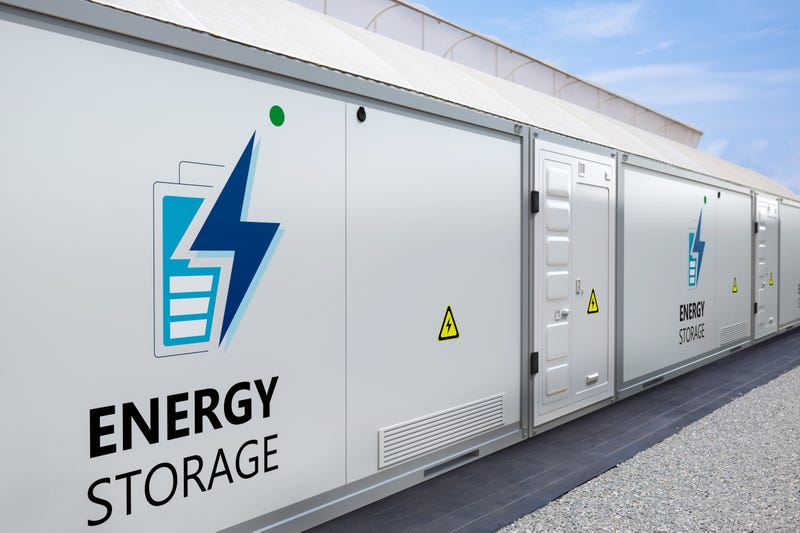
West Seneca, N.Y. (WBEN) - Work continues among leaders in West Seneca to create regulations for the installation and use of battery energy storage systems within the town. While a vote on legislation did not come this past Monday at a Town Board meeting, leadership is confident the bill will be finalized and approved by the end of the month.
West Seneca Town Supervisor Gary Dickson says this bill came about as a result of an initiative from New York Gov. Kathy Hochul last year following a number of fires involving these battery storage systems across the state.
"She said we want to pause it, have a fire task force look at it and see what are the best practices," explained Dickson in an interview with WBEN. "We put in a moratorium, the state task force issued its report, so then we came up with, what we thought was, a quite robust number of regulations for these battery storage facilities."
The regulations initially drawn up included a three-tier system for these battery storage facilities in the town. The first tier was geared for residential and small commercial settings, while the third tier was a more large scale storage system.
"We were going to include all of them, but when we had the public hearing, and also we heard from the other Town Board members, it was pretty clear that nobody wanted to have these large, industrial utility-scale battery storage systems. We dropped that from our local law, so we're not going to allow them at all," Dickson said. "We're just going to allow either home ones or smaller ones that are used by companies as part of their business. If a company needs a backup, they can do that, but it's not going to be these gigantic utility-scale battery storage facilities."
Dickson says the town continues to tweak the bill, with the expectation that it will pass at the next Town Board meeting on Aug. 25.
According to Dickson, the main issue with the third tier that was struck from the bill was how much setback does the town want from residential properties, especially with these battery fires being the major concern among residents.
"Every expert will admit that the only way to fight the fire is to let it burn out. It's almost impossible to put them out once they get going," Dickson noted. "I understand there's a lot of safeguards, but that's of concern to people. If it was out in the middle of nowhere, that's one thing. But if it was in 500 feet, or even 1000 feet of of residences, that's something else. And then what kind of chemicals are released in the fires, those are also of concern to people."
While Dickson understands the evolution of battery technology, he feels for now, the town doesn't want to risk having any utility-scale installations.
"We're pretty built up, there's not a lot of green space. So we just felt it wasn't really appropriate for our town," Dickson said.
"We take pride in listening to our residents. Obviously, residents don't always speak with one voice, but I think in this particular instance, it's pretty unanimous that people don't want these large battery storage facilities, really, anywhere near residential areas."
Dickson adds the moratorium regarding the issue ends at the end of August, but it could always be extended for another month or two for more discussion.
